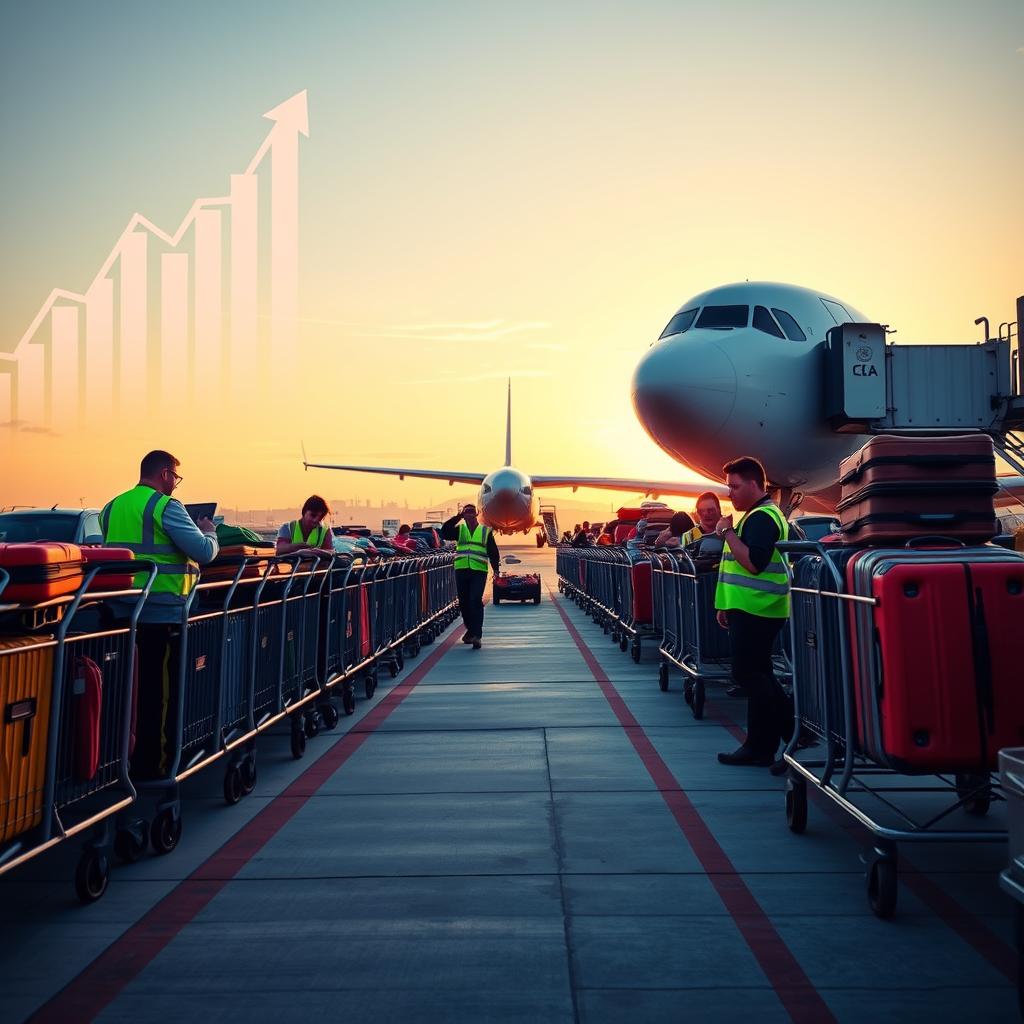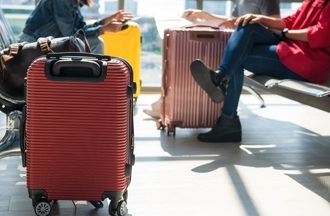Baggage handling carries significant financial implications for airlines and airports. It drives dedicated revenue (through fees) and substantial costs (through mishandling and labor). For example, baggage fees have become a major income stream – global airlines collected about $33.3 billion in checked-bag fees in 2023 (ideaworkscompany.com). Conversely, lost or delayed bags incur major costs: studies estimate carriers spend roughly $2 billion per year managing delays/losses (sendmybag.com), and industry reports note mishandled luggage costs the sector “billions” annually (iata.org). These pressures motivate heavy investment in equipment. Airlines like Delta have installed hundreds of RFID readers (over 600 readers at 84 airports) to cut losses and speed handling (airport-technology.com). Major airports are funding huge baggage system overhauls (e.g. Orlando plans a $652 million upgrade (fox35orlando.com), London Stansted spent £70 million on new sorters and conveyors (airport-technology.com).

- Fee revenue vs. mishandling costs: Baggage fees reached record highs (e.g. $33.3B globally in 2023 (ideaworkscompany.com), offsetting some handling expenses. However, every mishandled bag still costs carriers via re-routing fees, reimbursements and customer service. Industry data show mishandling fell 60% from 2007–2022 (iata.org), but even today airlines manage millions of mishandled items each year, prompting actions like RFID tagging to reduce failures (initial deployments cut mishandled bags by ~25% (iata.org).
- Equipment and automation investments: Modern baggage systems require massive capital. New automated sorters, conveyors, RFID/bag‐tag scanners and tracking systems improve efficiency but add cost. For instance, Delta’s RFID deployment across U.S. hubs and airline partners dramatically cut lost bags (airport-technology.com). Automated baggage handling systems (BHS) in airports like Hong Kong (15,000 bags/hour capacity (airport-technology.com) and the expanding capacity at hubs are examples of how carriers recoup labor costs through technology. Research projects that the global BHS market (~$5.4B in 2019) will grow modestly as airports refurbish ageing infrastructure (airport-technology.com).
- Staffing and labor costs: Baggage handling is labor-intensive and hazardous. A UK safety report found nearly 40% of air‐transport injuries were from lifting/handling tasks (internationalairportreview.com). To address this, IATA and regulators reduced maximum checked-bag weight to 23 kg (internationalairportreview.com) and promoted ergonomic equipment (power belt-loaders, automated sorters). Airlines also budget for training, overtime (especially in peak seasons), and workers’ compensation. While technology gradually offsets headcount, skilled handlers and ramp staff remain essential for safe ops.
- Key takeaways: The economics of baggage hinge on balancing fee income against handling costs. Effective baggage management (RFID tracking, better processes) lowers mishandling and labor needs, improving airline margins. Conversely, poor baggage ops hurt on-time performance and customer satisfaction (potentially leading to lost future revenue). As traffic grows, airlines continue to seek ROI by upgrading systems and optimizing staff deployment (airport-technology.comairport-technology.com).

IATA – Industry Makes Progress to Reduce Baggage Mishandling, New Survey Reveals


